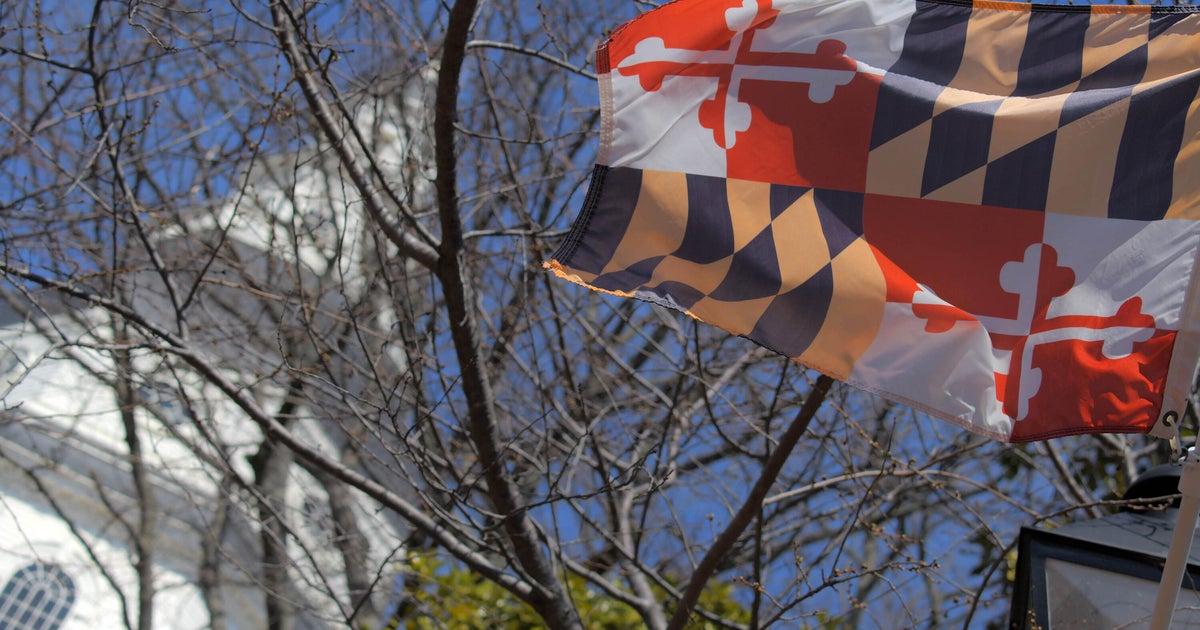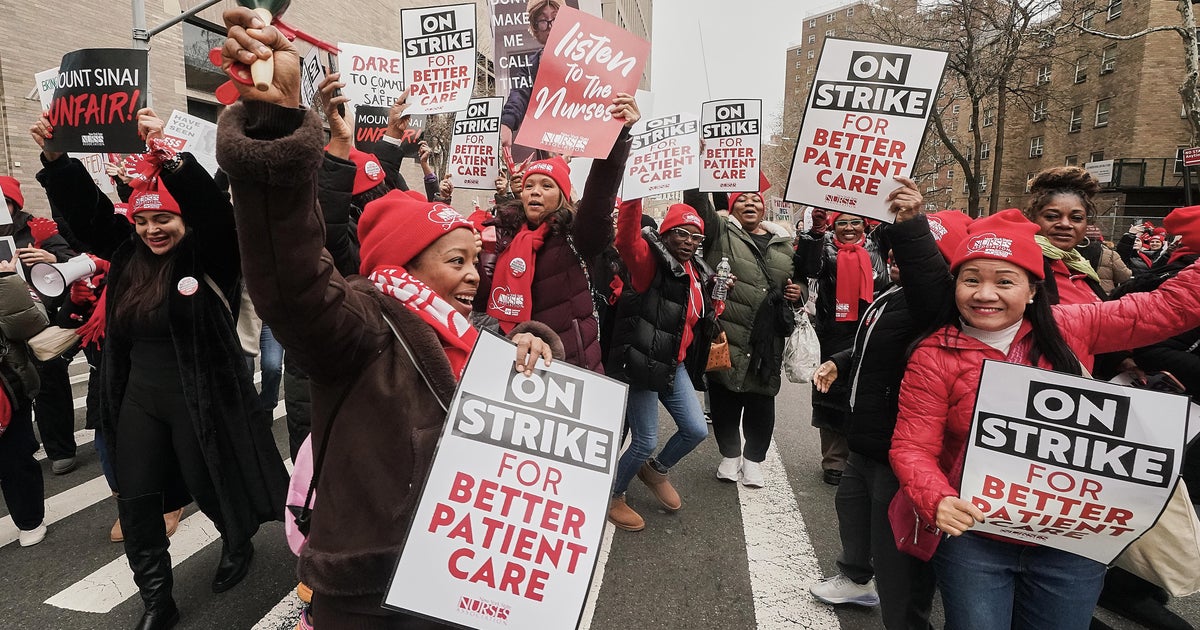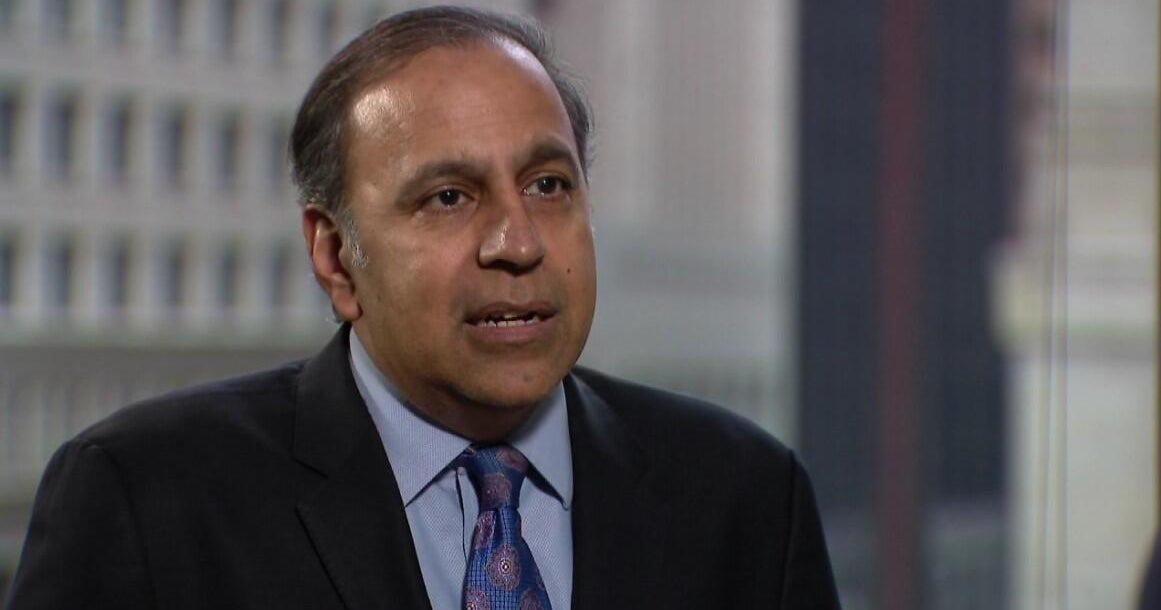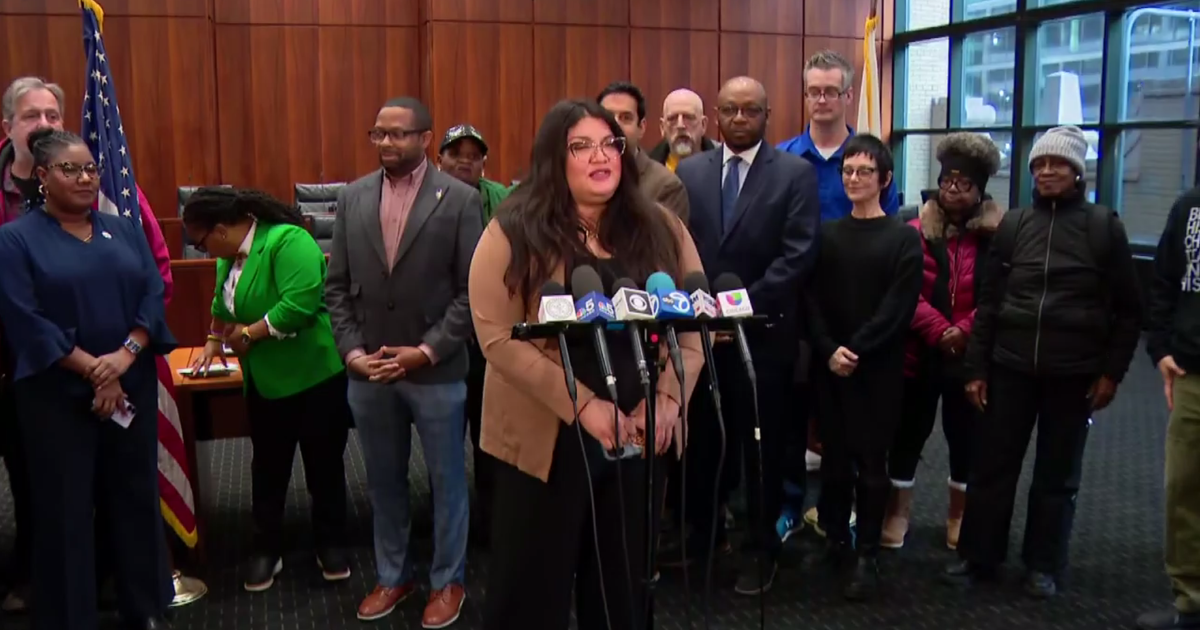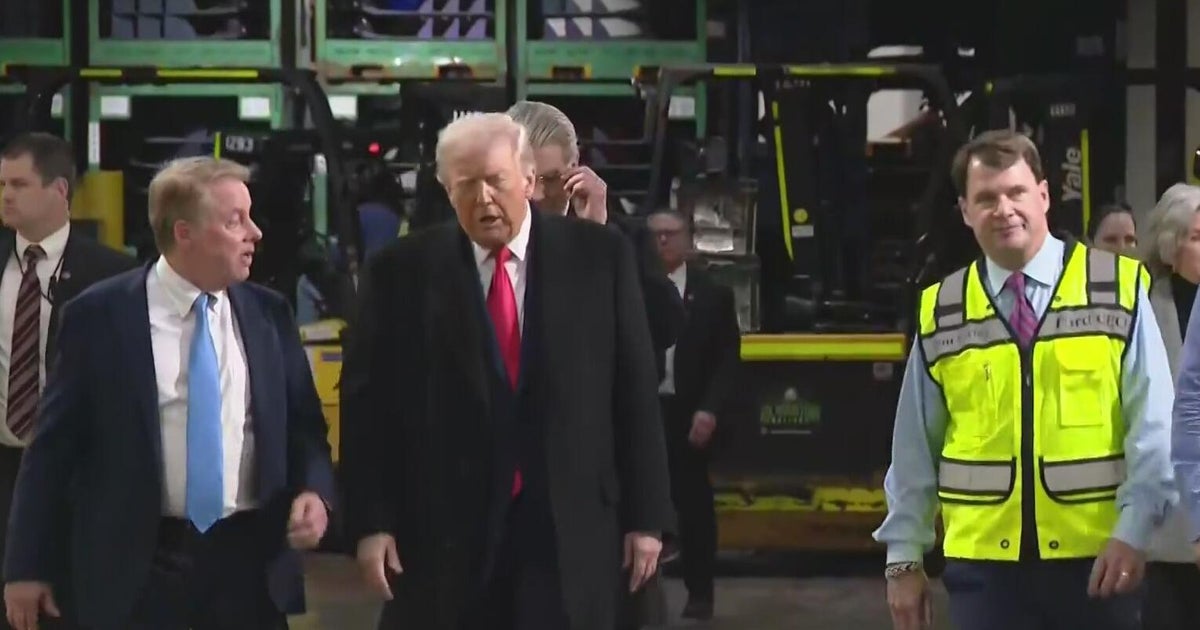Schumer: Iran Pact 'Does Not Seem Proportional'
GENEVA (CBSNewYork/AP) -- There's mixed reaction to the international community's nuclear deal with Iran, and Sen. Charles Schumer has joined the chorus of critics.
The Obama administration and U.S. allies in the West say it's an important first step toward curbing Iran's nuclear program.
But Israeli Prime Minister Benjamin Netanyahu is condemning it as a "historic mistake." He told his Cabinet that the world has become a "more dangerous place" as a result of the deal, and said Israel is not bound by it.
Schumer: Iran Pact 'Does Not Seem Proportional'
The agreement reached by Iran, the U.S. and five other world powers calls for Iran to curb its nuclear activities for six months in exchange for limited and gradual sanctions relief.
Schumer, D-N.Y., said he's disappointed in the agreement "because it does not seem proportional."
"Iran simply freezes its nuclear capabilities while we reduce the sanctions," Schumer told reporters, including WCBS 880's Monica Miller. "That is not a proportionate agreement."
Schumer said he feels the agreement gives the Iranians hope that they will evetually produce a nuclear weapon.
"The disproportionality of this agreement makes it more likely that Democrats and Republicans will join together and pass additional sanctions when we return in December," Schumer added. "I intend to discuss that possibility with my colleagues."
Rep. Michael Grimm, R-N.Y., said he, too, is "extremely skeptical" of the agreement.
"Iran continues to be an active state sponsor of terrorism and is one the greatest threats to security in the region -- particularly in regards to our friend and ally Israel," he said in a statement. "As a Marine, I was trained to serve in combat in the Middle East, and I know that the Iranian Regime is an expert of deceit and stall tactics."
Secretary of State John Kerry said he understands why people might be skeptical of the deal, but added that the agreement calls for vertification of Iran's actions.
"I think everybody has a right to be skeptical because there are indiciations that there are people in Iran who have wanted to pursue a weapons program, that there have been secret facilities building some of those efforts toward that program," Kerry said Sunday on CBS' "Face the Nation." "So there's lots of reason. That's why we don't take anything at face value.
"It's not based on trust; it's based on verification. It's based on your ability to know what is happening. So you don't have to trust the people you're dealing with. You have to have a mechanism put in place whereby you know exactly what you're getting and you know exactly what they're doing. And we believe that we're at the beginning of putting that in place with Iran."
Kerry, however, defended the agreement, in part, because it allows for inspection of Iran's facilities.
"Are you telling me we're not better off being able to get in and see what's happening?" he said. "Of course, we are."
The temporary deal would provide about $7 billion in relief from international sanctions that have crippled Iran's economy. In return, Iran has agreed to curbs on uranium enrichment and other nuclear activity. All parties pledged to work toward a final accord next year.
Most Gulf countries were silent in the hours after the agreement was reached in Geneva. Like Israel, Saudi Arabia and other countries in the region are nervous about Iran's development of long-range missiles and its support for hostile militant groups.
But the tiny Gulf countries of Bahrain and the United Arab Emirates applauded the agreement.
Iran's eastern neighbor Pakistan, a declared nuclear power, said the deal "should augur well for peace and security in our region and the world at large." Turkey, which borders Iran to the west, called it a "new start." India, another nuclear power, also welcomed the deal.
You May Also Be Interested In These Stories
(TM and © Copyright 2013 CBS Radio Inc. and its relevant subsidiaries. CBS RADIO and EYE Logo TM and Copyright 2013 CBS Broadcasting Inc. Used under license. All Rights Reserved. This material may not be published, broadcast, rewritten, or redistributed. The Associated Press contributed to this report.)

